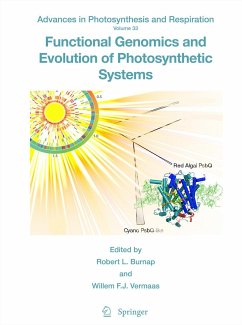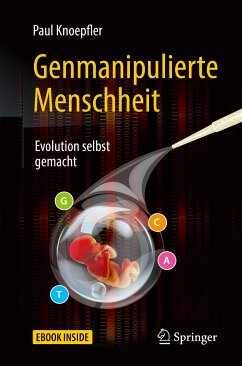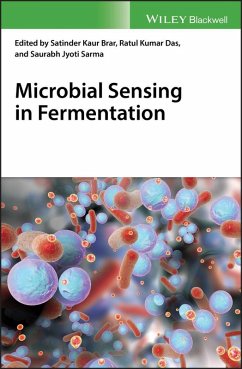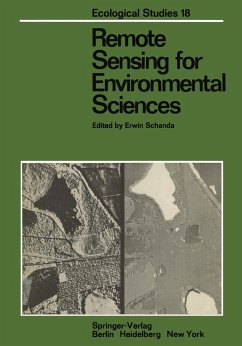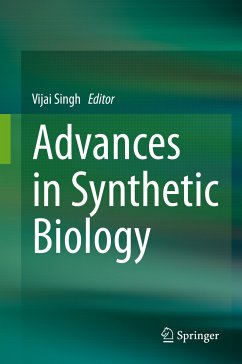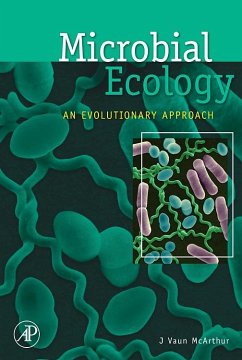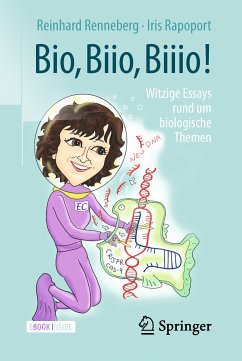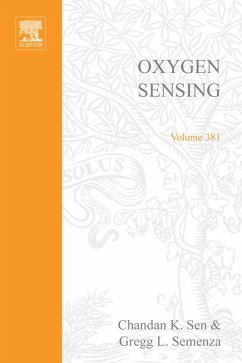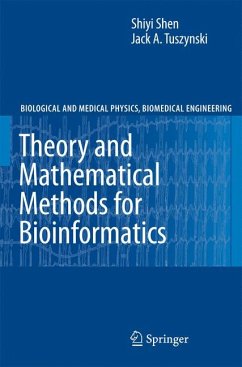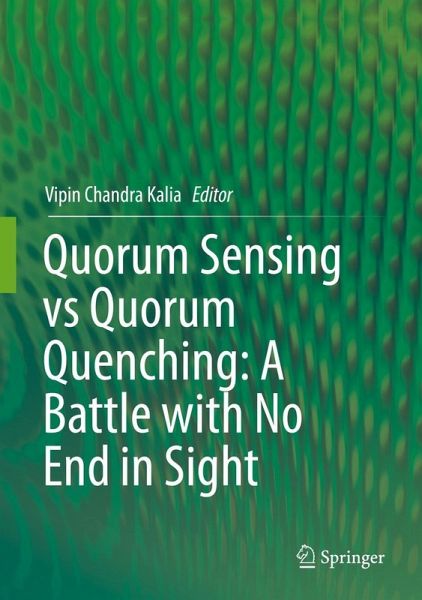
Quorum Sensing vs Quorum Quenching: A Battle with No End in Sight (eBook, PDF)

PAYBACK Punkte
56 °P sammeln!
Microbial relationships with all life forms can be as free living, symbiotic or pathogenic. Human beings harbor 10 times more microbial cells than their own. Bacteria are found on the skin surface, in the gut and other body parts. Bacteria causing diseases are the most worrisome. Most of the infectious diseases are caused by bacterial pathogens with an ability to form biofilm. Bacteria within the biofilm are up to 1000 times more resistant to antibiotics. This has taken a more serious turn with the evolution of multiple drug resistant bacteria. Health Departments are making efforts to reduce h...
Microbial relationships with all life forms can be as free living, symbiotic or pathogenic. Human beings harbor 10 times more microbial cells than their own. Bacteria are found on the skin surface, in the gut and other body parts. Bacteria causing diseases are the most worrisome. Most of the infectious diseases are caused by bacterial pathogens with an ability to form biofilm. Bacteria within the biofilm are up to 1000 times more resistant to antibiotics. This has taken a more serious turn with the evolution of multiple drug resistant bacteria. Health Departments are making efforts to reduce high mortality and morbidity in man caused by them. Bacterial Quorum sensing (QS), a cell density dependent phenomenon is responsible for a wide range of expressions such as pathogenesis, biofilm formation, competence, sporulation, nitrogen fixation, etc. Majority of these organisms that are important for medical, agriculture, aquaculture, water treatment and remediation, archaeological departments are: Aeromonas, Acinetobacter, Bacillus, Clostridia, Enterococcus, Pseudomonas, Vibrio and Yersinia spp. Biosensors and models have been developed to detect QS systems. Strategies for inhibiting QS system through natural and synthetic compounds have been presented here. The biotechnological applications of QS inhibitors (QSIs) in diverse areas have also been dealt with. Although QSIs do not affect growth and are less likely to impose selective pressure on bacteria, however, a few reports have raised doubts on the fate of QSIs. This book addresses a few questions. Will bacteria develop mechanisms to evade QSIs? Are we watching yet another defeat at the hands of bacteria? Or will we be acting intelligently and survive the onslaughts of this Never Ending battle?
Dieser Download kann aus rechtlichen Gründen nur mit Rechnungsadresse in A, B, BG, CY, CZ, D, DK, EW, E, FIN, F, GR, HR, H, IRL, I, LT, L, LR, M, NL, PL, P, R, S, SLO, SK ausgeliefert werden.




